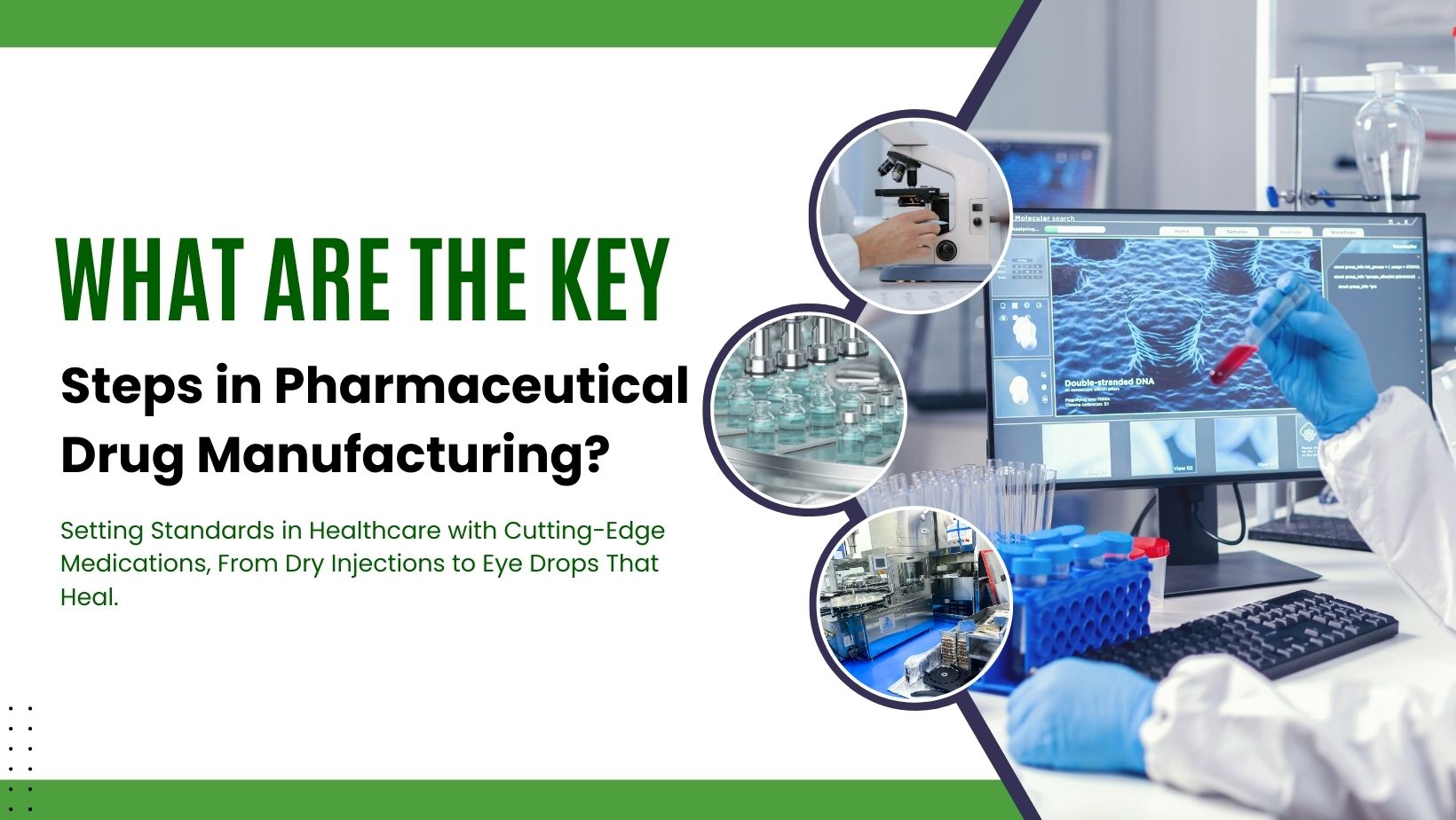
Pharmaceutical drug manufacturing is a complex and highly regulated process that ensures the development of safe, effective, and high-quality pharmaceutical drugs. The process requires precision, adherence to strict guidelines, and collaboration between pharmaceutical drug suppliers, manufacturers, and regulatory authorities. Below, we outline the main steps involved in the pharmaceutical drug manufacturing process.
1. Drug Discovery and Development
The first stage in pharmaceutical drug manufacturing is drug discovery. Pharma companies invest heavily in research and development (R&D) to identify potential new compounds with therapeutic benefits. Once a promising compound is identified, it undergoes preclinical testing, where scientists evaluate its safety, efficacy, and pharmacological properties in laboratory settings.
2. Clinical Trials
After successful preclinical testing, the drug enters the clinical trial phase. This phase involves testing the pharmaceutical drug on human volunteers to collect essential pharmaceutical drug information about its safety, dosage, and efficacy. Clinical trials are conducted in three phases:
Phase I: Tests safety and dosage in a small group of healthy volunteers.
Phase II: Focuses on efficacy and side effects in a larger group of patients.
Phase III: Confirms effectiveness, monitors side effects, and compares the drug to existing treatments in a larger population.
3. Regulatory Approval
Before a drug can be brought to market, it must receive regulatory approval. Regulatory agencies such as the FDA in the United States or the CDSCO in India review data from clinical trials to ensure that the drug meets safety and efficacy standards. Pharma companies submit a detailed dossier containing all relevant pharmaceutical drug information for review.
4. Formulation development
Once approved, the drug moves into formulation development, where the active pharmaceutical ingredient (API) is combined with excipients to create the final dosage form, such as a tablet, capsule, injection or syrup. This stage is critical to ensure the drug’s stability, bioavailability and patient acceptability.
5. Manufacturing process design
Pharma manufacturing companies design a robust manufacturing process to produce the drug at scale while maintaining quality and consistency. This includes:
Raw material sourcing: Working with reliable pharmaceutical drug suppliers to purchase high-quality APIs and excipients.
Process development: Establishing optimal production methods, including mixing, granulation and sterilization.
Scaling up: Transitioning from laboratory-scale production to full-scale manufacturing.
6. Quality control and quality assurance
Quality is paramount in pharmaceutical drug manufacturing. Pharma companies implement stringent quality control (QC) and quality assurance (QA) measures at every stage of production. QC includes testing of raw materials, intermediates, and finished products, while QA ensures compliance with good manufacturing practices (GMP).
7. Packaging and labeling
Proper packaging and labeling are essential to maintain drug stability and provide accurate pharmaceutical drug information to consumers and healthcare providers. Packaging materials must protect the drug from environmental factors such as light, moisture, and temperature.
8. Distribution
Once pharmaceutical drugs are manufactured, they are distributed to hospitals, pharmacies, and healthcare facilities. Pharma companies in India, including the best pharma company in India, ensure an efficient supply chain to meet the demands of domestic and international markets.
9. Post-marketing surveillance
Even after a drug is launched, it is continuously monitored for safety and efficacy through post-marketing surveillance. Pharma companies collect data on adverse events, long-term effects, and real-world performance to ensure patient safety.
Drug Manufacturing in India
India is a global hub for drug manufacturing, with many pharma companies in Delhi and across the country making significant contributions to the industry. The best pharma company in India emphasizes innovation, quality, and affordability, making Indian medicines highly sought after around the world.
Conclusion
Pharmaceutical drug manufacturing is a multifaceted process that requires careful planning, collaboration, and adherence to regulations. Pharma manufacturing companies play a vital role in delivering life-saving medicines to millions of people. Whether you are sourcing medicines or partnering with drug suppliers, understanding the manufacturing process is essential to ensure quality and trust in the pharmaceutical industry.
Pharmaceutical drug manufacturing is a complex and highly regulated process that ensures the development of safe, effective, and high-quality pharmaceutical drugs.
08 Dec 2025
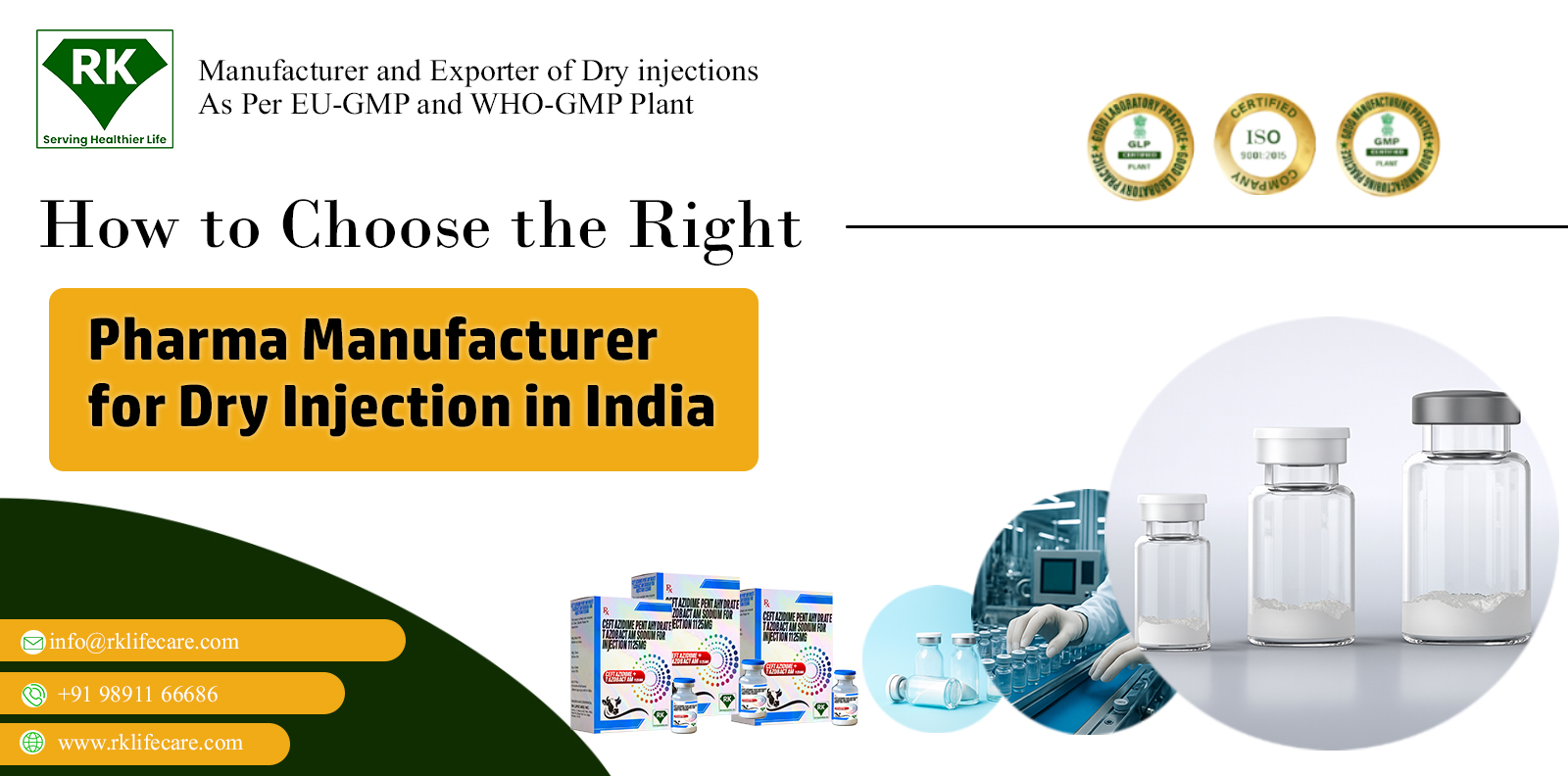
03 Dec 2025
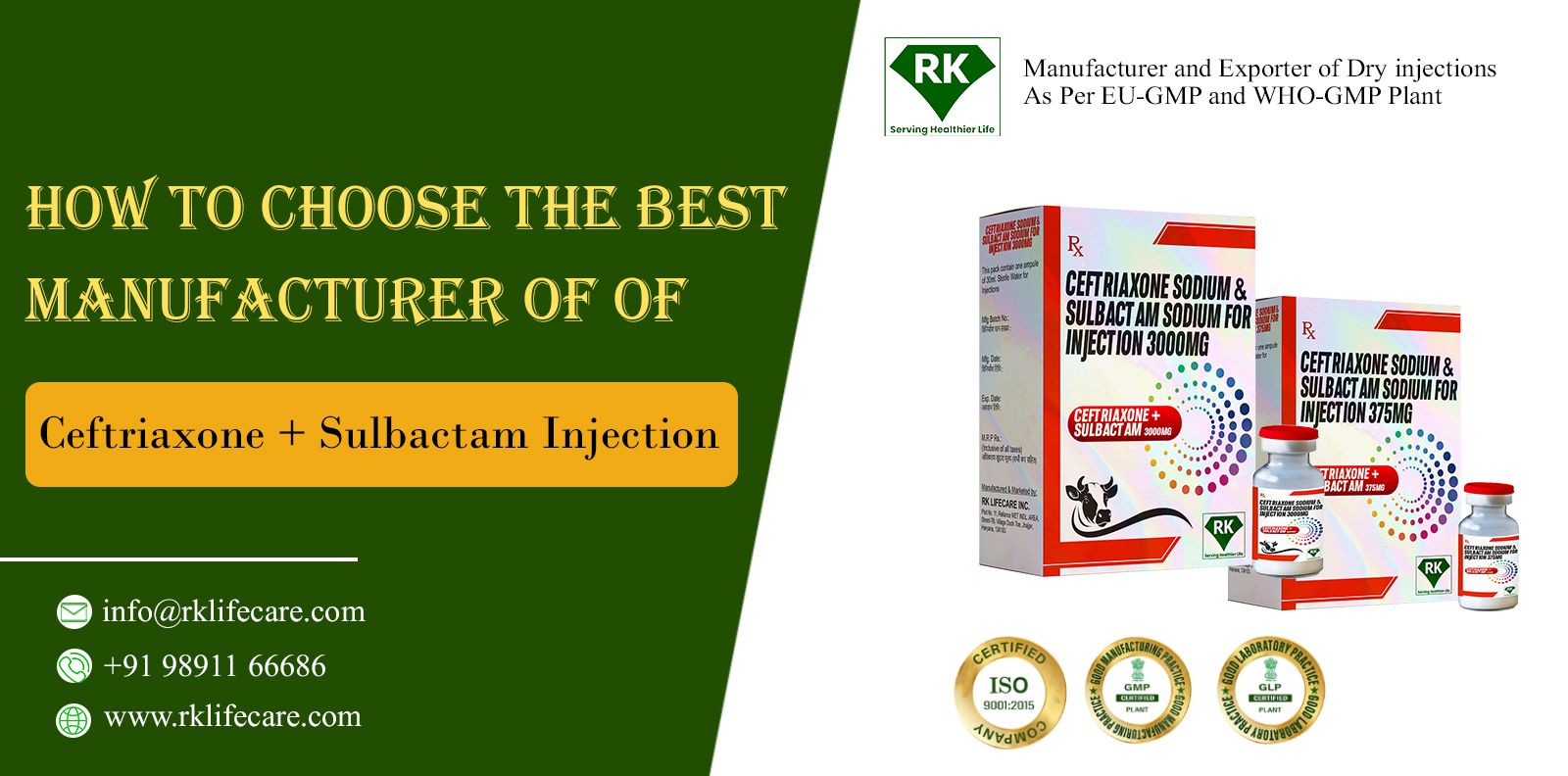
02 Dec 2025
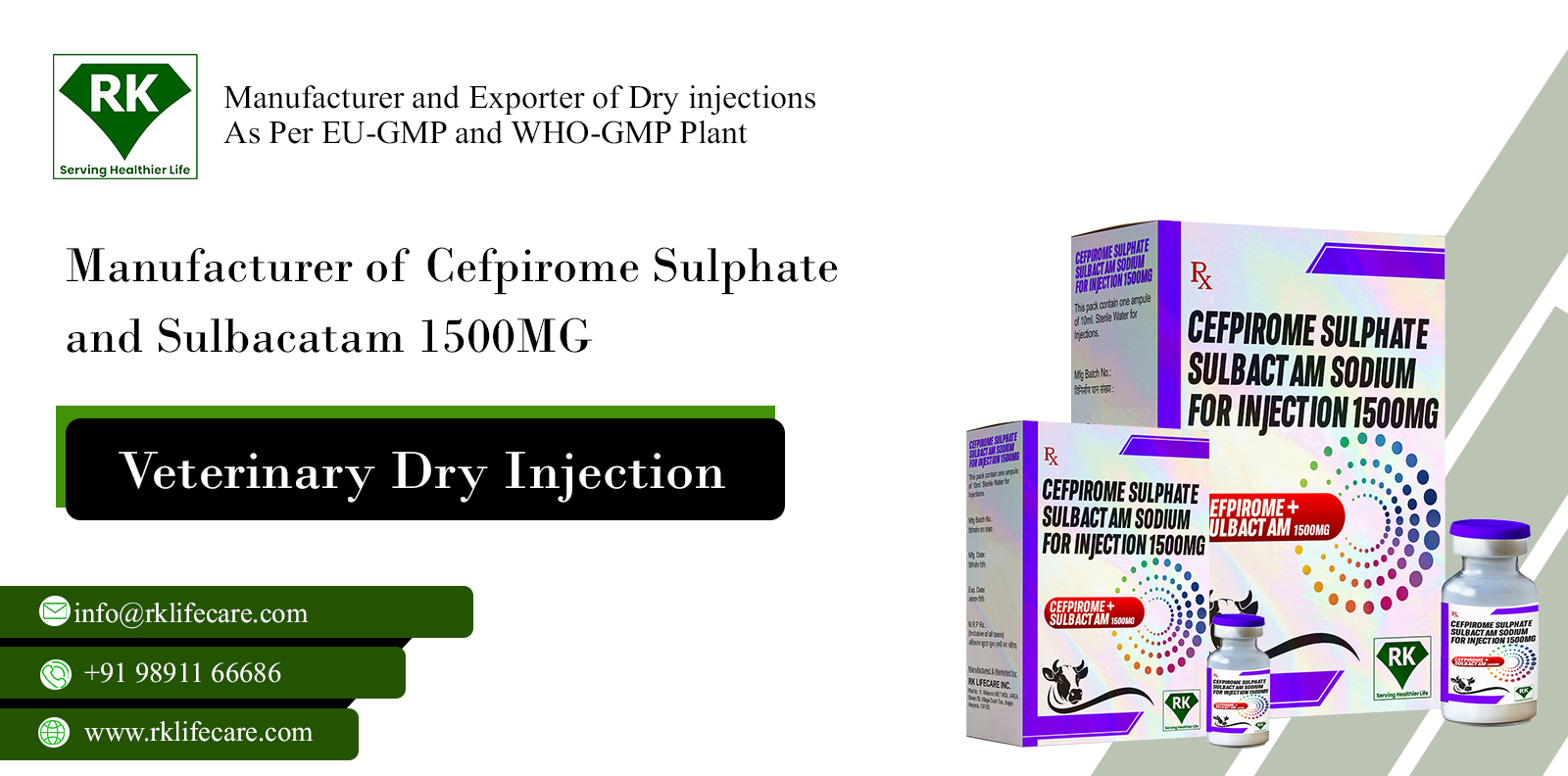
31 Oct 2025
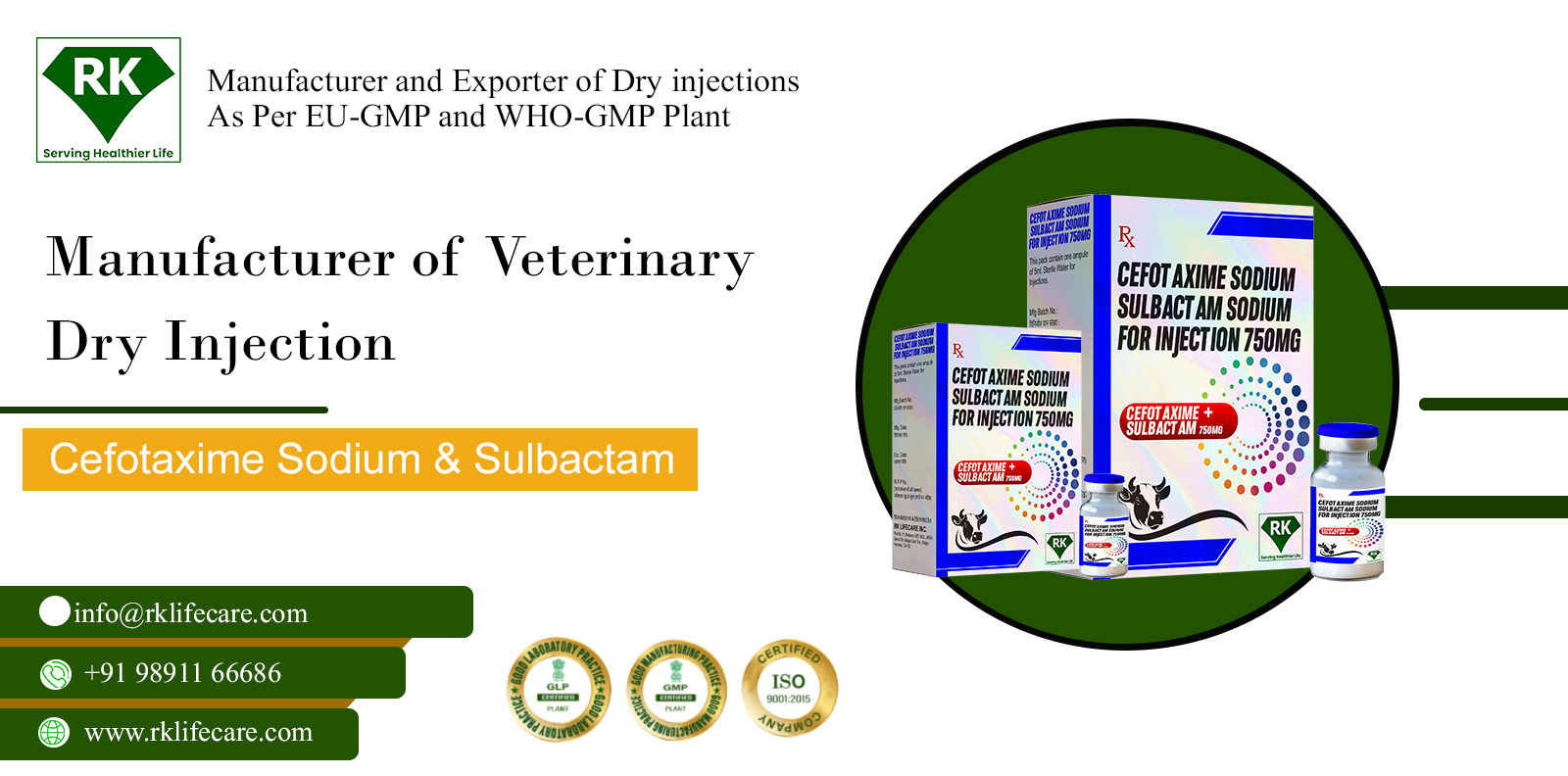
30 Oct 2025